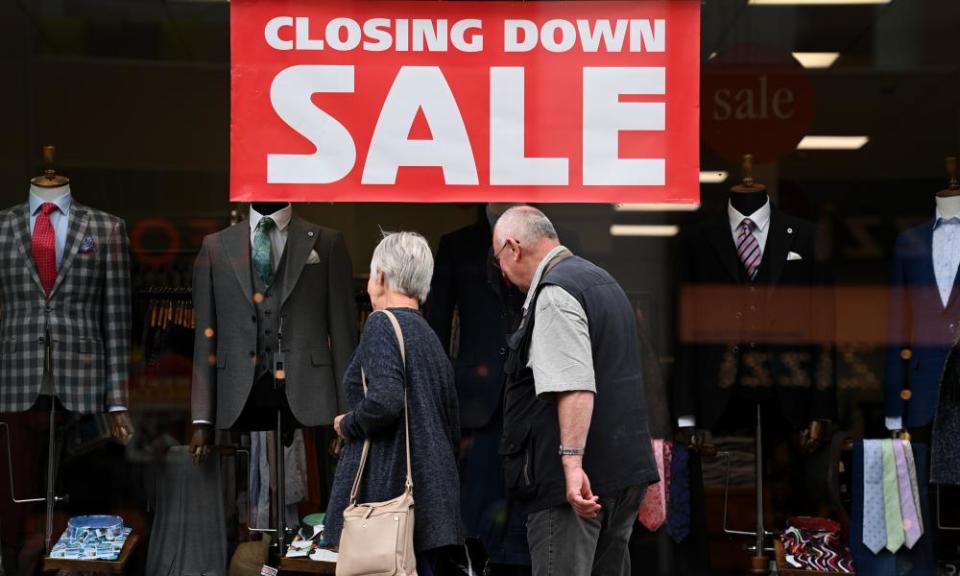UK economy starting to ‘run on empty’ as order books dry up

Britain’s economy is starting to “run on empty” as post-pandemic order books dry up and the highest inflation in 40 years affects confidence, the latest snapshot of the private sector has shown.
Flash estimates of the economy’s performance in June showed business optimism at its lowest since the early months of the Covid-19 pandemic in the spring of 2020 and the sharpest drop in new order volumes for a year.
The monthly survey of purchasing managers produced by S&P and the Chartered Institute of Procurement and Supply (CIPS) said overall business activity across the services and manufacturing sectors was unchanged on the 15-month low of 53.1 reached in May.
A reading above 50 suggests private sector activity is expanding while a reading below 50 points to contraction.
Demand for labour remained strong despite weaker new business growth, with job creation the highest in three months.
Chris Williamson, chief business economist at S&P Global Market Intelligence said: “The economy is starting to look like it is running on empty. Current business growth is being supported by orders placed in prior months as companies report a near-stalling of demand.
“Manufacturers in particular are struggling with falling orders, especially for exports, and the service sector is already seeing signs of the recent growth spurt from pent-up pandemic demand move into reverse amid the rising cost of living.”
A similar PMI for the eurozone showed a sharper slowdown than in the UK, with the composite measure of services and manufacturing dropping dropping from 54.8 to 51.9 in June. Williamson said that – apart from months affected by pandemic-induced lockdowns it was the sharpest decline since the global financial crisis in 2008.
Williamson said business confidence in the UK had now “slumped” to a level which in the past typically signalled imminent recession. “The weakness of the broad flow of economic data so far in the second quarter points to a drop in GDP which the forward-looking PMI numbers suggest will gather momentum in the third quarter,” he added.

 Yahoo Finance
Yahoo Finance 